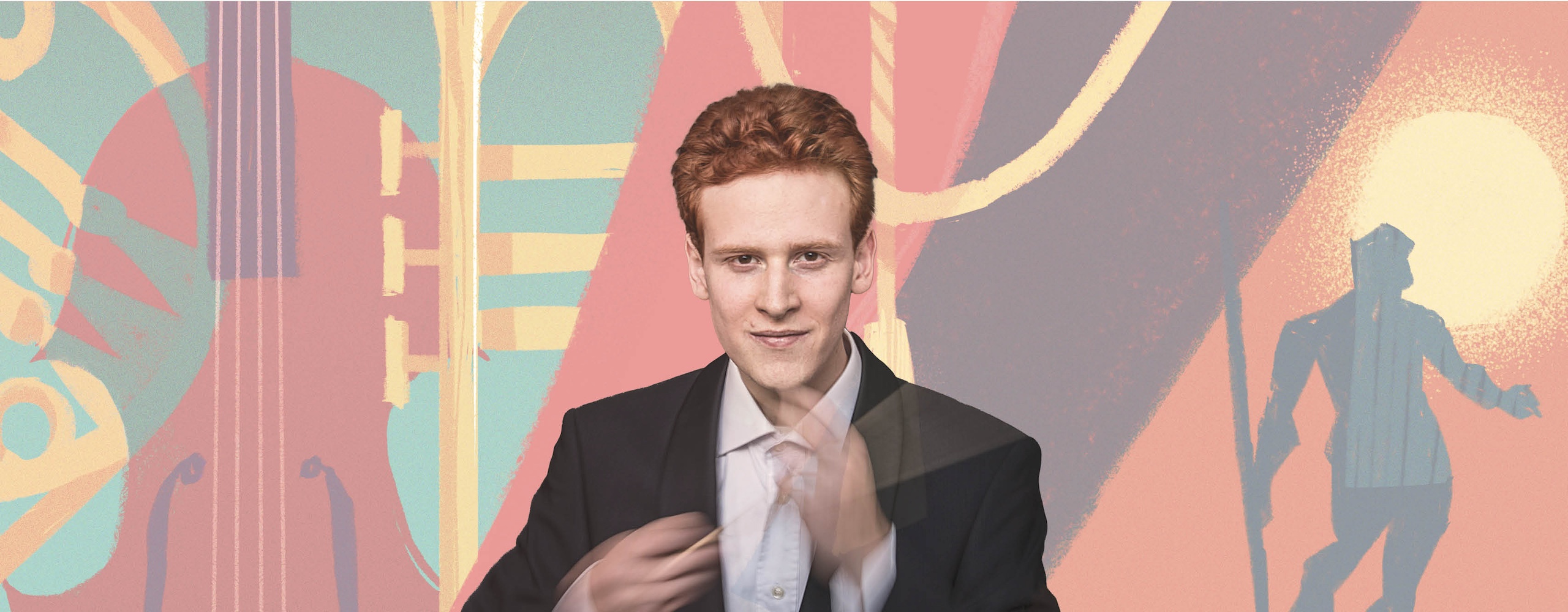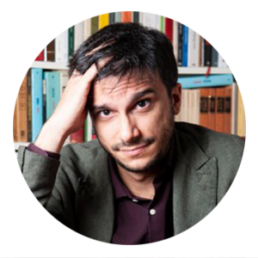CONCERTS 2026 | SYMPHONY
NICOLO UMBERTO FORON
MOZART Piano Concerto No. 22 in E-flat Major K. 482
SIBELIUS Symphony No. 1 in E minor op. 39
Program
Wolfgang Amadeus Mozart
Piano Concerto No. 22 in E-flat Major K. 482
At the height of his success in Vienna, Mozart found himself managing a dense array of subscribers eager to hear the latest additions to his catalog. Of these, the piano concerto represented one of the most eagerly anticipated appointments. And it was no coincidence that it was Mozart himself who sat at the piano, displaying his astounding technique. Under his hands, however, even such a brilliant genre as the 18th-century Piano Concerto turns out to be enriched by the depth and nobility of invention, becoming something far more solid and enduring than a passing fad. The Concerto No. 22 K. 482, which appeared in 1785, still contains the traces of the piano writing typical of these private academies, full as it is of barely sketched passages, which only the pianist of rank can fill with his virtuosity, even by appealing to the most reckless improvisational skills.
Jean Sibelius
Symphony No. 1 in E minor op. 39
Finnish Jean Sibelius presented his First Symphony in the twilight of the 19th century and of his land’s hopes for independence. Indeed, it was at that time that the tsarist noose tightened even tighter around Finland, which was forced to adopt Russian as a compulsory language and to send its sons to a five-year military service. Against this prospect also rose the European intellectual class. Even Giosuè Carducci, from Bologna, put his signature at the bottom of an appeal that went unheeded. Sibelius disengaged his symphony from this context, denying extra-musical references and patriotic aims. Yet his name is now inseparable from the revival of Finnish feelings of independence. Even his seven symphonies, after all, are an outspoken attempt to keep himself autonomous from the upheavals that were sweeping 20th-century music. To listen to Sibelius is to be captivated by rough landscapes bathed in light, a musical universe with rules of its own. A world to which it is good to possess the keys.
Philharmonic Orchestra of the Teatro Comunale di Bologna
45 min. before the start of the concert, the audience is invited to an in-depth discussion of the program by Luca Baccolini, which will be held on the lower floor of the Theater.
Luca Baccolini
journalist, music popularizer and writer, works with the Bologna editorial office of Repubblica and is on the editorial staff of the monthly Classic Voice. For Newton Compton he has published ten books on the history of Bologna. He is the author of theatrical subjects and collaborates as an essayist and popularizer with the most important Italian lyrical symphonic institutions.
SECTOR 1
Full: €45
Over65: €35
Reduced30-35: €30
U30: €25
SECTOR 2
Full: 40€
Over65: 30€
Reduced30-35: 25€
U30: 20€
SECTOR 3
Full: 35€
Over65: 25€
Reduced30-35: 20€
U30: 15€
SECTOR 4
Full: €15
Tickets at €10 for all students enrolled at the University of Bologna, the Academy of Fine Arts of Bologna and the G.B. Martini Conservatory of Music for concerts of the 2026 Symphonic Season.
On sale only during Ticket Office presale hours (Tuesday to Friday from 12 to 6 p.m. and Saturdays from 11 a.m. to 3 p.m.), from one week before the concert, by presenting university badge and self-certification of enrollment for the current year.
This post is also available in: Italiano (Italian)





